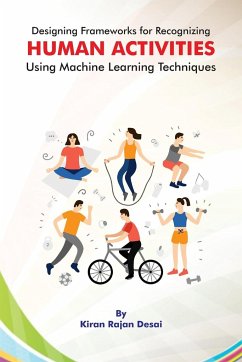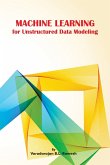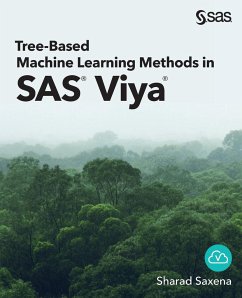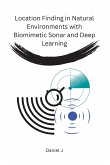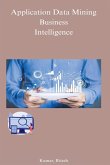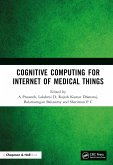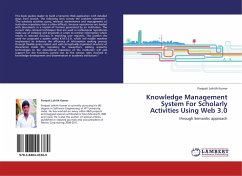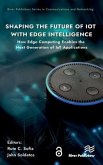Daily Activity Recognition has profound importance in our lives for applications such as, behavior analysis at indoor, smart healthcare, entertainment and surveillance applications. Smartphone based Human Activity Recognition (HAR) frameworks provide a convenient and cost eective solution to the problems. Seamless monitoring of elderly people living alone mostly at indoor has become feasible applying smartphone based HAR with assured privacy compared to camera based monitoring. Machine learning techniques are adopted as the problem needs to scale well with varying datasets and conditions. The main challenges behind such a successful HAR framework for smartphones include (i) stable recognition performance irrespective of dierent hardware conguration and usage behavior of smartphones and (ii) annotating data in real-life scenario, especially for activity transitions involving composite activities. These are the main challenges addressed in this thesis. The rst challenge is addressed in mainly two ways- (i) through designing ensemble of classiers and (ii) fusion of sensors. Fusion of dierent smartphone sensors and fusion of wearable sensing with smartphone sensors are explored for detailed activity recognition. In order to address the second challenge of grossly labeled datasets, Multiple Instance Multiple Label (MIML) learning methods are explored. An ensemble of MIML-KNN classiers is designed that is found to predict activity sequence as well as set of activity transitions performed for a given time period with considerable accuracy. The framework is also found to detect unknown activity combinations either partially or totally.

